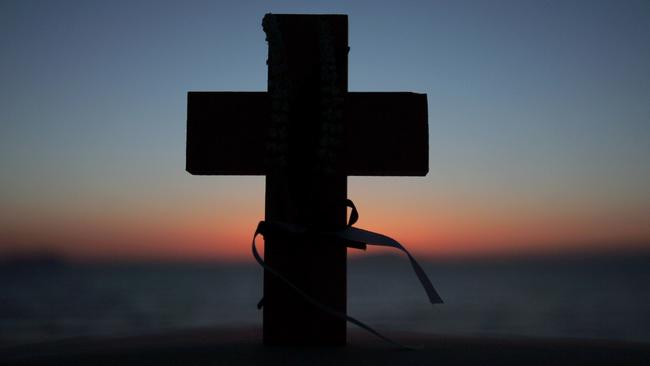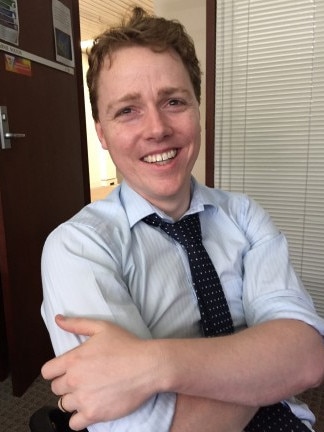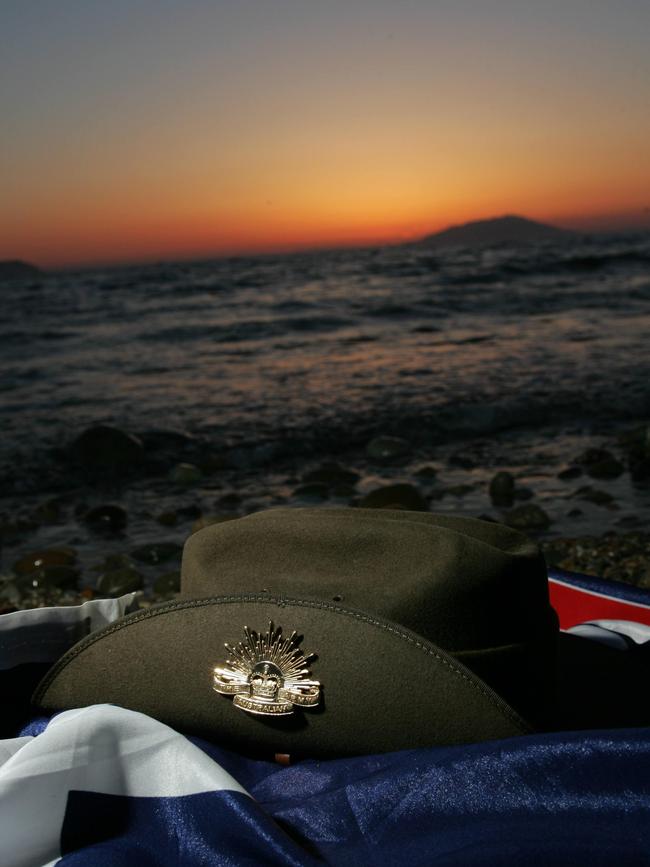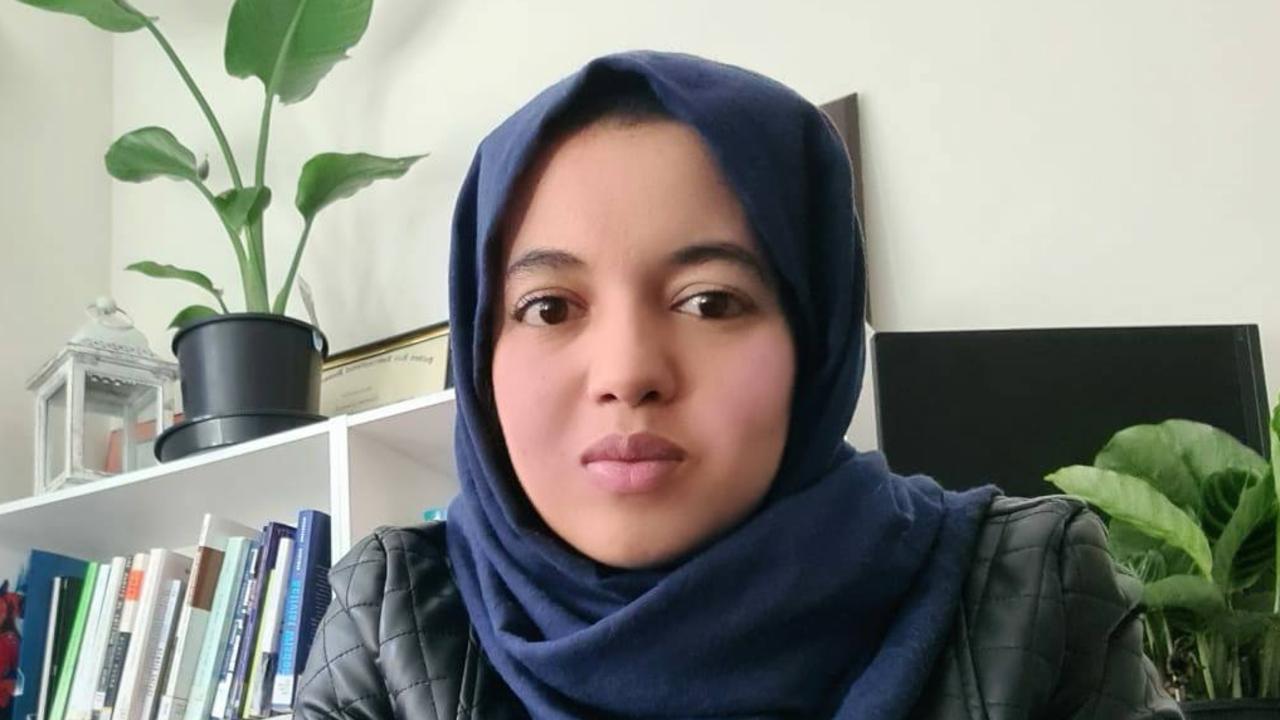Anzacs ‘killers’, British arrival ‘an invasion’, uni students told
Students at Murdoch University are being taught that the Anzacs who fought at Gallipoli were “killers”, and Anzac Day is a “cliche” | LISTEN

Students at Murdoch University are being taught that the Anzacs who fought at Gallipoli were “killers”, that the British arrival in Australia in 1788 was an “invasion”, and that asylum-seekers on Manus Island and Nauru are “prisoners”.
A lecturer in Australian history at Murdoch, Dean Aszkielowicz, told School of Arts students earlier this month that many of the young people who attend annual Anzac Day services in Gallipoli were “drunk”.
In an audio recording obtained by The Australian, he also described Anzac Day as a “cliche” that would diminish in popularity.

When asked by one student whether he thought the Anzacs should be viewed as murderers, Dr Aszkielowicz said: “If you go and you kill people, whether it’s in a foreign campaign or not, then you’ve killed people and you’re a killer.
“I don’t see why that isn’t a viewpoint that shouldn’t sit alongside this other version of how we look at the Anzacs.”
In a separate lecture on March 19, English and creative arts lecturer Anne Surma blamed the government, right-wing media and shock jocks for peddling misinformation about refugees and asylum-seekers.
Murdoch University was standing by its academics last night amid allegations of left-wing bias in their teaching, and criticisms that the comments about the Anzacs were “insulting” to fallen soldiers.
Dr Aszkielowicz declined to comment yesterday. The Australian has been told some of the students in the course are concerned about an apparent left-wing bias among academics and that they are being given only one side of the argument about Australian history and culture.
Federal Liberal MP and former SAS commander Andrew Hastie said Australians should be free to question assumptions around Anzac Day but should be careful about attacking or repudiating what it stood for. He also questioned the teaching in Australian universities. “Humanities students would be better off building a home library based on the Western canon, rather than listening to an overpaid radical malign our war dead,” he said.
“They’d save money and get a proper education.”
The RSL’s chief executive in Western Australia, John McCourt, said the comments were “insulting to the memories of the men and women who perished in World War I”. “It’s the job of an academic to be rational and reasoned, and to give students both sides of the argument,” he said.
In his lecture on March 12, Dr Aszkielowicz told students about Australia’s search for a national identity, tracing this back to the arrival of the British in 1788.
“The British thought of themselves as settlers when they arrived in Australia,” he said.
“But the Aboriginal people saw the arrival … as an invasion and that is certainly how the majority of historians, including myself, see it.”

Later he showed a photo of an Anzac Day ceremony at Gallipoli, saying: “These are all young people at Anzac Cove — most of them are drunk.”
Dr Aszkielowicz said he believed the “surge in Anzac Day nationalism” had made the occasion more popular than ever but he predicted this would wane.
“It is fuelled by the military — they dominate the agenda for Anzac Day,” he said.
“It is used unashamedly by politicians to further their own causes and it’s embraced wholeheartedly by certain sections of the community who still fear outsiders.
“Warrior myths of this kind are always going to appeal to certain sections of the community who need to wrap their arms around some kind of feeling of togetherness or worth … especially amongst young men.”
Associate Professor Surma spent much of her lecture discussing an acclaimed book by Manus Island detainee Behrouz Boochani, whom she referred to as being a “prisoner”. She praised the Kurdish-Iranian journalist for documenting the “torture and inhumane treatment” of detainees.
Associate Professor Surma urged students to read Boochani’s book and to see a film he shot on his smartphone about the plight of asylum-seekers on Manus Island.
She last year spoke at an event at Murdoch held by a lobby group, Academics for Refugees, which wants Australia to end offshore processing, boat turn-backs and mandatory detention.
Murdoch University yesterday defended Dr Aszkielowicz and Associate Professor Surma. The interim pro-vice-chancellor of the College of Arts, Business, Law and Social Sciences, Professor Rikki Kersten, said the institution was passionate about producing graduates who were critical thinkers.
“In this unit, we actively encourage students to draw on arguments and views from across the political and academic spectrum,” she said.
“They might not agree with all the viewpoints they hear or read, but it is important they understand them and have the tools to form their own views.
“In the context of these lectures, our academics provided informed but challenging comment respectfully — this is academic freedom in action.”


